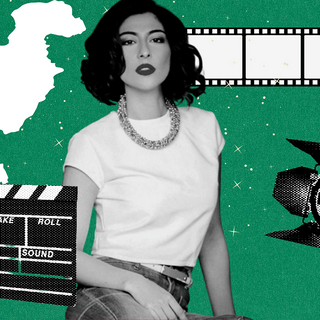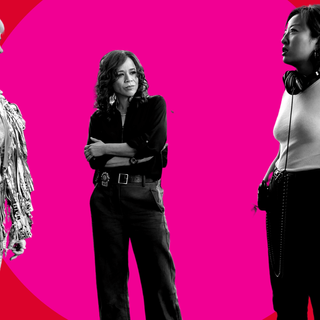January is always the month of the new — the new year, new resolutions, new habits. Take “veganuary” for instance, in which a record 500,000 people signed up to eat only vegan food this month. If December brings frustration for the past year and hope for the next, January is the month in which people around the world actually gear up for the start of something new — and promptly fail soon after.
Anyone who has hoped and hoped to change or evolve, knows just how difficult simply starting a new thing is, whether it’s that first day at the gym, that first healthy meal you pledged to cook at home, that first book you want to read accompanied, or any other goal. You may actually enjoy the new thing once you start, but taking that pesky first step is often daunting and the source of enough apprehension to promptly deflate all determination. It’s because humans are creatures of habit, fundamentally averse to change, and, to put it simply … massive over-thinkers.
“The automatic nature of habits allows people to perform such activities with only minimal or sporadic monitoring and leaves people free to think about issues unrelated to ongoing behavior,” a 2006 study states. “In contrast, because non-habits require greater thought for successful performance, people’s thoughts typically correspond more closely to their non-habitual actions.”
Before starting something new, human beings almost always think about the cost and benefits of trying that new thing, the outcome of which depends upon how entrenched they are in their present habits. The more rooted a person is in their current habits, the fewer benefits they see in changing and starting something new. This happens because we’re overconfident that we can accurately guess the utility of any change, which essentially becomes how we convince ourselves not to do it.
“From an evolutionary standpoint, trying new things, for much of human history, could have been dangerous. Your performance can have a big impact on your status,” which made human beings wary of looking inept in front of others, according to organizational behavior researcher Keith Rollag. The overthinking that humans do in deliberating the benefits of starting a new thing, then, also involves the fear of failing, which serves as another rationalization that increases apprehension in trying. “One of the challenges with new hobbies is the fact that you’re meeting new people, new groups, new experiences, and that triggers a lot of that anxiety we have about being the newcomer,” Rollag says.
If that first step is good, or at least not bad, it helps the brain reduce some of these fears, increasing the chance we’ll stick with the new thing a second time. But in order to take that first step, it’s imperative we don’t go into a resolution wanting to master it — don’t try to go to the gym every day for two hours, or attempt to finish a book in one sitting. Rollag says if we go in with a learning mindset, we’re inclined to look past our faults, and not let them discourage us. If we go in with a mindset to immediately master the new thing, we’re gunning for failure, only to be able to say ‘aha’ at the end and retreat into our old habits.
Ultimately, incorporating a new thing into one’s routine takes time “Something as simple as drinking an extra cup of water a day can take an average of two months to become a consistent, habitual behavior,” according to a 2020 paper. According to research, it also helps to have the new goal be specific (‘read one book a week’ instead of ‘read more’) and not too numerous (‘read one book a week’ instead of ‘read 100 books this year’). It also helps to carve out space for the new goal ahead of time — don’t simply pledge to read a book this week, but consider how you’ll do it given the other commitments on your schedule. To be able to stick to at least one of your resolutions, you have to be prepared to do it in stages. After all, change doesn’t happen overnight.




